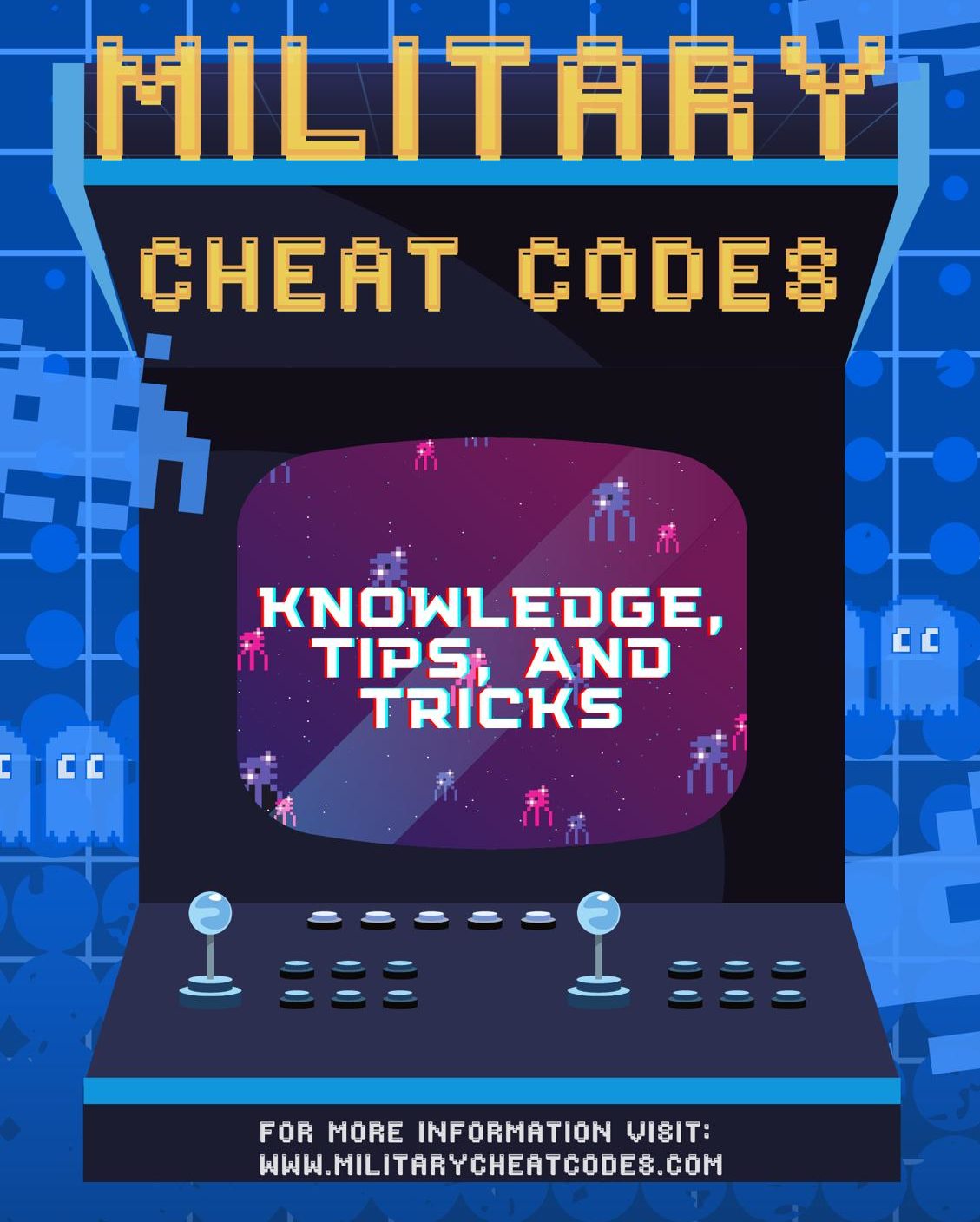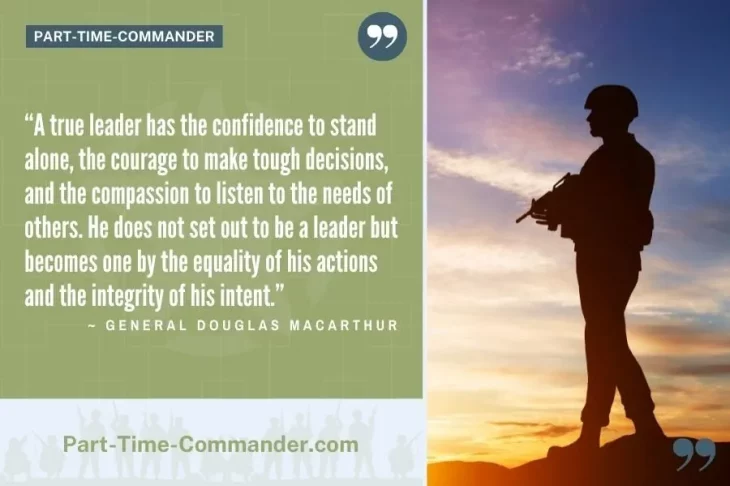Vital Question – What Are You Reading?
Thanks to my reading, I have never been caught flat-footed by any situation, never at a loss for how any problem has been addressed (successfully or unsuccessfully) before. It doesn’t give me all the answers, but it lights what is often a dark path ahead. — General James “Maddog” Mattis, 2003
To quote Edwin Starr from his song War, “War, huh, yeah / What is it good for?” Well that may be obvious to some but to others it is not self-evident; it is a necessary evil to ensure security.
Let’s change the quote to: “Reading, huh, yeah / What is it good for?” Similar to the previous response, reading at first is a necessary evil required step for intellectual and emotional growth. This applies to both individuals and organizations, but serves as the just the first step in the growth process; reading various books, papers, magazines from different perspectives with a non-fiction or fiction background opens the readers to ideas. There are some other benefits of reading anything as it opens door for conversation with others.
A great conversation starter at parties, unit events, family gatherings, or business meetings is a simple question: “What are you reading?” This is a question everyone should be asking each other following “How are you (and the family)?” It may seem like an innocuous question to ask someone, especially in terms of small talk, but the possible answers implies secondary and tertiary facts that allows the asker to better understand the subject. If this question is asked correctly, the asker can use this interview style question to get an inner look at the person they desire to know more about.
For people like the author, we want to understand the person we are sharing our thoughts with to ensure we are not wasting our time. Social interaction is an opportunity to learn lessons from the other person; learn about what makes the individuals themselves.
When the person answers the question, they are highlighting to the other person what their current interests are. They are demonstrating the process of using their energy to pursue information in a topic that they desire to know more information. Taking money from their bank account to purchase a book, magazine, or journal or proceeding to a library to borrow an electronic copy of a newspaper or book indicates to the person how much they are invested in tracking down this information. Did they borrow the book from someone, take it from a “Take/Give a Book” library, or did a colleague give them the book? A good listener and empathizer can delve into the other’s psyche to understand their processes.
How they reply also demonstrates their take on the author, topic, and the writing itself. Do they have interest in the book or can they articulate why the book is not interesting? It is one thing to have interest in topics, but the ability to communicate to others the learned ideas is vital to interactions in life and business. It challenges the person who is discussing the book what their opinion is on the thesis and the author’s writing style then process these thoughts so that others can understand.
The follow-on questions and answers also demonstrate how, if at all, the interrogated person has included these lessons in their own personal life. These follow-on questions, or the lack thereof, also demonstrates to each other the desire of the participants to continue the conversation or how comfortable they feel in social settings.
If you are asked the question “What are you reading?”, answer the question honestly. Perhaps though if your Commander or someone in your chain of command is asking, never answer the question with “nothing at this time.” Provide them the name of the last book you read in the past; the key is to provide them something to demonstrate that you have interest in something. If a person answers they are not reading anything, the receiver will interpret that answer to mean the individual has no interests nor is working to improve themselves.
Love or hate this recommendation, first impressions do matter. If there are individuals whose impression of you matters, then it is vital to have an answer to a question like this ready to go. If not, then ignore the statement and resign yourself to your fate. Your answer though to this simple question can help you find mentors, friends, and colleagues you can work together on projects, but more importantly presenting a “personality brand” to others. This brand will allow others to remember your traits so that if in a future event they are seeking those traits for a project or action.
This author uses this question not only when first meeting a new person, but as a question to spark conversation. Military leadership love to ask this question to get to understand their fellow military members. Many times people have answered with “Nothing” and immediately given their impression. When the author passes along these recommendations to others, they report when their answers are substantive they receive better responses.
If you are a leader, ask people what they are reading and analyze what their response means. If someone asks you this question, give them an answer that sells yourself. Be ready.

Pred
A United States Air Force officer, he only belongs to one Discord channel and that is for a podcast he follows called “The Political Orphanage.” There will be no security concerns here.


